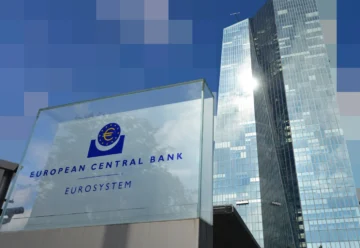Cryptocurrencies Could Attract $40B a Year to the Australian Economy

Cryptocurrencies and other digital assets have the potential to boost Australia’s GDP by about 2.6% annually. However, to do so, a clear regulatory framework must be in place.
Consulting firm Accenture, at the request of the Tech Council of Australia (TCA), has prepared a report that suggests cryptocurrencies, stablecoins, tokenized assets, and a central bank digital currency (CBDC) could “reduce retail payment costs” in Australia by 80% over the next eight years and increase GDP by A$60 billion (~$40 billion) per year.
The report notes that digital assets will save Australian businesses about 200 million hours annually by automating tax compliance and administration and another 400,000 hours in preparing paperwork for business loans.
The potential savings for Australian consumers if digital assets were used for cross-border payments would be about A$4 billion (~$2.7 billion) a year, according to Accenture. That’s about A$160 (~$107) per person.
The report also indicated that decentralized autonomous organizations (DAOs) could be a tool to increase the adoption of cryptocurrencies in the country. However, to unlock the full potential of DAOs, the government needs to legitimize the legal status of such organizations and clarify the responsibilities of their participants.
According to the report, the issuance of Australia’s CBDC for retail use could simplify “up to 100% of payments” using digital assets. Recall that the Reserve Bank of Australia (RBA), in collaboration with the Digital Finance Cooperative Research Center (DFCRC), launched a CBDC pilot project in late summer this year, which the government plans to complete by mid-2023.
The report’s primary purpose was TCA’s desire to prove the usefulness of technology to the country’s economy and encourage the Australian government to begin developing regulations for the crypto sector to protect users and increase the flow of funds into the economy. As a reminder, the Australian Securities and Investments Commission (ASIC), in an effort to raise awareness among citizens about how to protect their digital assets, released a document titled “Top 10 ways to spot a crypto scam.”
Australia’s cryptocurrency market is growing rapidly. According to the local crypto exchange Independent Reserve, 92% of Australians know what cryptocurrency is, and one in four residents own some form of digital assets. Recall that a recent study of the local crypto market showed that about 21% of citizens (~5 million people) are crypto users and that figure is likely to grow by at least another 1 million people in the next 12 months.











